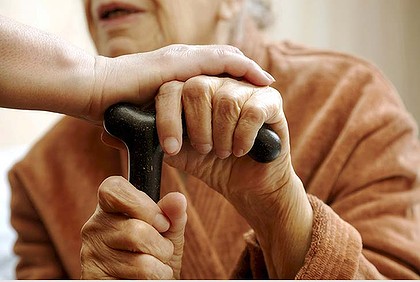WorkSafe WA seeking safer healthcare
 WorkSafe WA has launched a proactive inspection program to look at manual task incidents in hospitals and residential care.
WorkSafe WA has launched a proactive inspection program to look at manual task incidents in hospitals and residential care.
The authorities say the program will help reduce musculoskeletal injuries due to manual tasks and slips, trips and falls.
It will be implemented in coming months across metropolitan and regional areas of WA.
It will see inspectors checking employers’ responses to incidents and injuries, and find out how how they are dealt with long-term.
“Inspectors will visit hospitals and residential care services to see how well incidents and injuries involving manual tasks and slips, trips and falls are investigated by employers,” Worksafe WA director John Innes said.
“Earlier, WorkSafe inspection programs in this area have highlighted to employers the need to use information gained from previous incidents and injuries to guide long-term control strategies.
“These control strategies can include altering job design, workplace layout, workflow, equipment procurement and planning refurbishments or new builds.
“The statistics back the need to look closely at the sector, with incident rates for serious and severe lost-time injuries in the WA health care and social assistance sectors continuing to rise.
“Body stressing and slips, trips and falls are the top two mechanisms of injury in this sector, with sprains and strains the most common injury. In 2013/14, these injuries resulted in an average of 84 days lost from work per injury.
“Sprains and strains tend to take a long time to heal, especially back and shoulder injuries, and these long-term injuries can result in financial strain for workers, employers and the industry in general.”
The key issues WorkSafe is looking at include:
- Whether manual task and slip, trip and fall incidents are reported and adequately investigated
- Whether the workplace has an incident and injury reporting system that considers all contributory risk factors
- Whether procedures and policies for reducing these incidents are well understood by employees
- Whether other manual task controls have been implemented and maintained
“WA is a keen participant in the national Australian Work Health and Safety Strategy 2012-2022, which has a key target of reducing the number of musculoskeletal disorders resulting in one or more weeks of work,” said Mr Innes.
“Serious injuries resulting in 60 or more days of work due to manual tasks and skips, trips and falls are continuing to rise in both hospital and residential care sectors, and this inspection program aims to ensure that employers have all the information they need to provide and maintain safe and healthy workplaces for their employees.”








 Print
Print